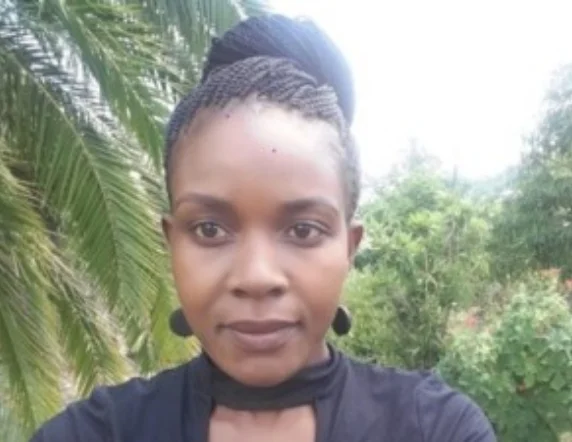
Field of research
- Socio-ecological systems
- Resilience
- Conservation Science
- Sustainable development
Bekezela (Nxumalo) Dube
Profile
During her MPhil, Bekezela Nxumalo worked with local communities living around Zimbabwe’s largest national park (Hwange National Park) where she assessed local perceptions of environmental changes on a gradient of human transformation from the protected area to rural and urban areas. While conducting this study she developed a particular interest in human-nature relationships and the concept of ‘resilience’ within complex social-ecological systems. With this background, in this PhD research she attempts to apply the concept of social-ecological resilience in assessing the effectiveness of Protected Areas in both conserving biodiversity and contributing to human well-being.
Protected Areas are embedded in and interact with a dynamic social-ecological context at multiple scales in space and time. As complex social-ecological systems, Protected Areas are increasingly expected to justify their existence in both conserving biodiversity and contributing to human well-being. As such, assessing their likely effectiveness requires an assessment of their social-ecological resilience. The concept of social-ecological resilience is gaining traction in both research and policy arenas, yet it remains challenging to quantify. In most TFCAs research focuses on the ecological dimensions of PAs, but these are not enough to measure the effectiveness of Protected Areas in achieving their mandate. Biggs and colleagues identified seven principles for enhancing resilience in social-ecological systems, but it remains unclear whether they can be used to guide the development of indicators to measure resilience in Protected Areas. Thus, this PhD research is intended to be a case study of how the seven principles of resilience could be used to develop an approach to measure resilience. A more participatory approach will be used to engage various stakeholders in the south-eastern part of KAZA in Zimbabwe, to develop a set of indicators that can be used to measure social-ecological resilience in Protected Area systems.